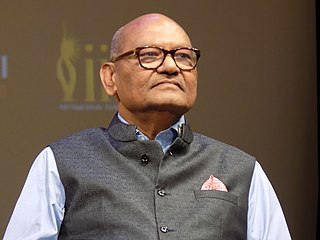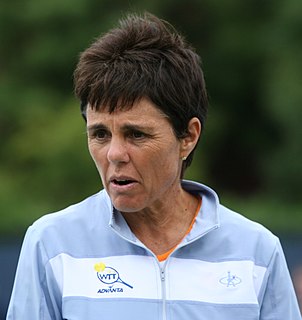A Quote by Barry Gardiner
World leaders need to work together through the rules-based system of the WTO to tackle unfair practices, including the widespread dumping of steel on world markets at less than market price.
Related Quotes
The challenge here is to design a system where market incentives, including profits and recognition, drive those principles to do more for the poor. I like to call this idea creative capitalism, an approach where governments, businesses, and nonprofits work together to stretch the reach of market forces so that more people can make a profit, or gain recognition, doing work that eases the world's inequities.
In Germany it is good if as many people as possible join initiatives and peaceful demonstrations against the rule of the financial markets. Worshipping the unfettered freedom of global markets has brought the world to the brink of ruin. We now need social and ecological rules for the market economy.
The scientific world, the materialistic world, the world of commerce, the world of business, the world of individualism, the world of capitalism, world of communism - all these worlds are the old story now. Where we think we exploit nature, we exploit people. Market rules, profit rules, money rules. We work for name, fame, power, money, profit. That's the old story.
Our global institutional arrangements - the basic ground rules that govern our world economy - are human-made. They don't exist naturally, nor are they God-given. We make these rules, those of the WTO [World Trade Organization] Treaty for instance, which fill tens of thousands of pages. These words have been strung together by human beings and are also interpreted and enforced by human beings.
I think, unfortunately, many opinion leaders in Germany - including government officials, politicians, social service bureaucrats and so forth - they are in the private system, and they get paid the private insurance by their employer. So for them this is the best of two worlds: They have some more expensive and privileged access, but they do not have to pay for it themselves. This is a system which is both inefficient and unfair at the same time, but it is defended by those who profit from this system, and this includes many opinion leaders and many politicians.
As I travel around the world, it's fascinating; European leaders, Asian leaders, they all say to me, America is actually poised to be the world leader for another century - if we can fix some of this political dysfunction. ... We've got a lot of national security challenges, but if we get our economy together, and if we can get our political system to work well, I am really confident about our future.
I think one purpose is very clear among corporations and business leaders: make profits, deliver high return for stockholders, conquer markets, service consumers and create jobs. But in today's world, demands from corporations and leaders are much more than that. We need to understand what people really want at the very end.
For 60 years, since World War II, we have been trying to create a rules-based system, a global economic system. We understand that what makes our economy function is what we call the rule of law, and what is true domestically is also true internationally. It is important to have rules by which we govern our relations with other countries.


































